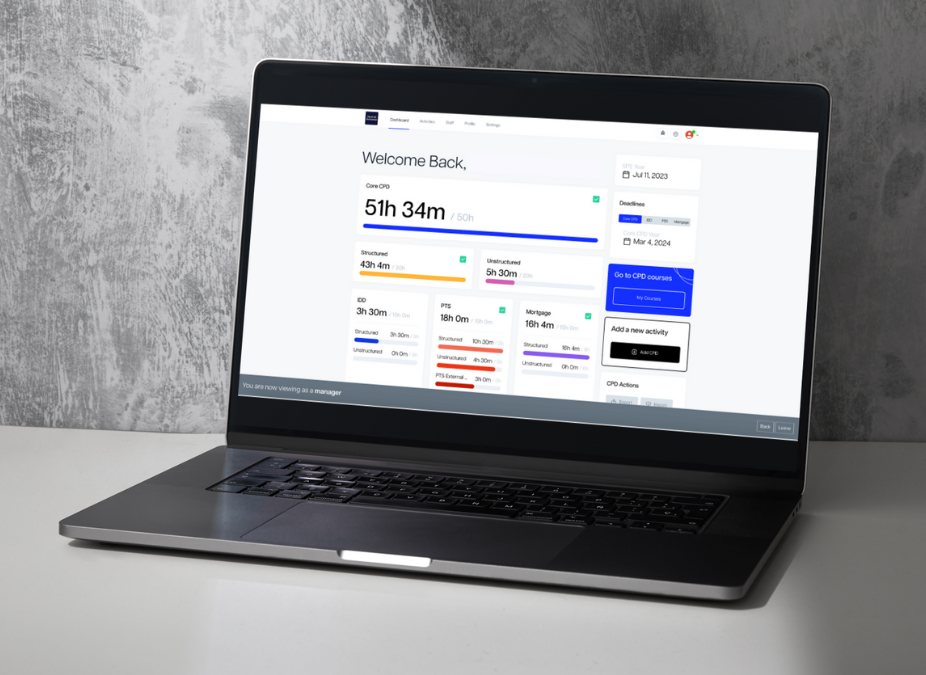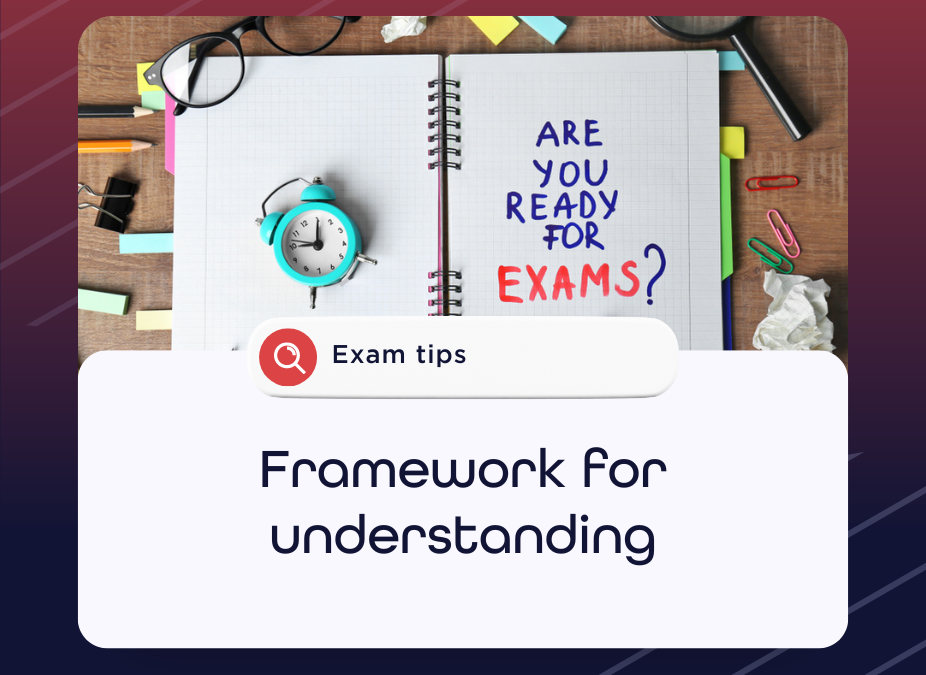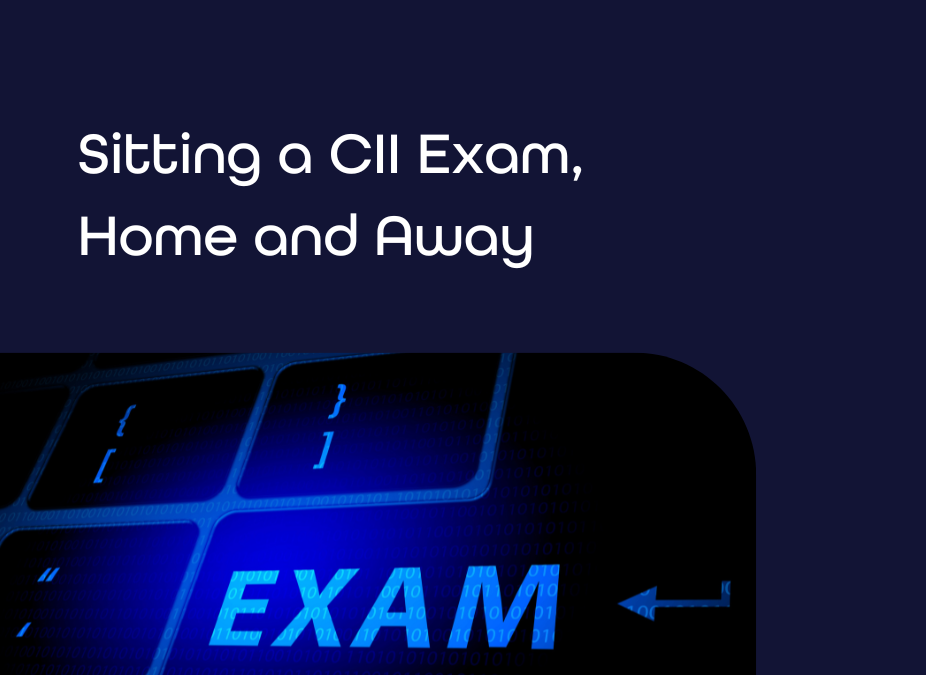About the R04 Exam
The R04 (Pensions and Retirement Planning) exam forms part of the Diploma in Regulated Financial Planning and upon successful completion will give you 10 credits at diploma level.
The exam itself is a one-hour computer based multiple choice exam held at test centres throughout the country. As the exam is computer based, you can sit it on a date of your choosing throughout the year providing more flexibility to accommodate your studies. The exam format consists of 50 questions – 39 standard questions with only one correct answer and 11 multiple response questions with more than one correct answers.
The pass mark is in the region of 65% and as this is a computer based test rather than a written test it is unlikely that there will be much deviation from this unless a question is subsequently found to be invalid. So in terms of the mark needed to pass, you are looking at a minimum of 33/50.
The following guide has been taken from our R04 learn
R04 Syllabus Breakdown
The exam is based on 8 learning outcomes with varying emphasis given to each section. The approximate split of marks is as follows, although this can vary up or down slightly depending on your specific exam:
| Learning Outcome | Expected number of exam questions |
| 1. Understand the political, economic and social environmental factors which provide the context for pensions planning | 5 standard |
| 2. Understand how the HM Revenue & Customs (HMRC) tax regime applies to pensions planning | 10 standard |
| 3. Understand the relevant aspects of pensions law and regulation to pensions planning | 4 standard |
| 4. Understand the structure, characteristics and application of Defined Benefit (DB) schemes to an individual’s pension planning | 7 standard |
| 5. Analyse the range of Defined Contribution (DC) scheme options as they apply to an individual’s pension planning | 4 standard / 2 multiple response |
| 6. Analyse the options and factors to consider for drawing pension benefits | 5 standard / 4 multiple response |
| 7. Explain the structure, relevance and application of State schemes to an individual’s pension planning | 4 standard |
| 8. Evaluate the aims and objectives of retirement planning, including the relevant investment theories | 5 multiple response |
Planning your study for R04 – Pensions and Retirement Planning
As noted above, there are 8 learning outcomes for the R04 exam, with different weight and emphasis applied to each but they are extremely broad headings which really don’t tell you very much about the content of the examination. The more detailed syllabus does break this down a bit further but still to pretty broad headings and as such, we need to go a bit further in planning your study.
The study plan has been built around spending the right amount of time on each of the learning outcomes to help you get the most out of your study time.
The learning material has been split up into four weekly chunks which will guide you through the syllabus and prepare you for the exam.
This week, you should prepare what you need for your study and have a think about how you can fit the extra work into your busy schedule. Some learners prefer to come in to the office early and do an hour every morning, others prefer to break it up into smaller chunks and fit it in throughout the day but you have to find out what works for you. One thing that is clear though, is that it will be a reasonable commitment of your time, and if you fail to plan it properly you are planning to fail.
You might also want to get some stationery together like a pad of paper for your own notes and workings, and a highlighter to allow you to pick out key pieces of information and of course, a calculator. Remember that you are allowed to take a financial calculator into the examination (as long as it isn’t capable of being programmed to hold formulae) and these are useful for a number of the exams as well as working with customers in real life.
Study Plan for R04 – Pensions and Retirement Planning
The R04 study schedule is split into a four-week learning programme. We would recommend that you allow yourself around a week after the programme finishes to consolidate your learning, practice taking some examinations and revise. This means that you should leave yourself around 5 weeks from starting the programme, to taking the exam.
As part of our structured study plan, rather than just giving you a book and expecting you to read it and learn, we will be providing an interactive and structured journey to help you through your studies.
We have broken the key learning outcomes down into various areas that will be rolled out over the 4- week study schedule for you to study as you go. The learning materials will include written summaries of the material covered in the form of a study guide that you can print off and read through. As well as this and alongside the specific learning material, you will find other useful documents that will help with your study.
The learning schedule for the R04 exam has been broken up into weekly sessions, and it is recommended that you complete each weekly module and learning within the week. You should find that there is just about the right amount of material for one week’s study and if you have time before the next week starts it is a good idea to consolidate your learning rather than trying to jump ahead to the next module.
The modules break down as follows:
- Module one covers syllabus areas 1, 3 and 7 – looking at the context of pensions planning, legal and regulatory aspects of pensions and the State Pension.
- Module two covers just one area of the syllabus, but it is a big one! In this module we will look at the HMRC tax regime – syllabus area 2.
- Module three looks at syllabus areas 4 and 5 – DB and DC schemes
- Module four completes our study, covering syllabus areas 6 and 8 – retirement options and aims and objectives of retirement planning.
Everyone learns in their own way and you will need to find the way that works for you but some tips you might consider include:
- If you are someone who is very visual – read the material and then draw out ‘mind maps’ or ‘spider charts’ to put the information into visual form
- Try to tie new material to things you already know – it is often easier to understand something if you can relate it to something similar you already understand
- If something just won’t stick in your mind – try something ridiculous! Take your child’s favourite teddy bear, put it in a chair and explain that difficult concept to the bear! You won’t struggle to remember how daft it felt and you’ll often remember the concept as a result
- If you have no visual memory and think in words – put concepts into stories. Make them crazy and memorable.
- Try setting concepts to the tunes of your favourite songs. We have a great memory for song lyrics for a reason – the music helps us remember.
Above all – make sure you do the work. If you don’t work, you won’t get the results. Good luck and we’ll see you in module one…




